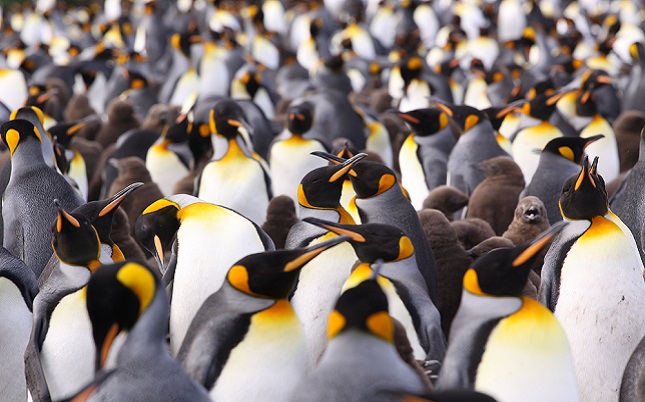← Back
Biologistes of Southern latitudes in Toulouse for the Argos seminar

Copyright Thibault Powolny
Based at the Centre d’Etudes Biologiques de Chizé, in the Deux-Sèvres region of eastern France, the real field of investigation of these biologists is thousands of kilometers away from mainland France. In the French Southern and Antarctic territories, made up of the Crozet and Kerguelen islands and Adélie Land, these far-fl ung researchers are studying unique regional biodiversity. But Christophe Guinet, the elephant seal expert and Charles-André BOST, alias Charly, the king penguin man will both be in Toulouse on October 6th for the Argos seminar. Between the two of them, they track almost 300 animals via the ARGOS system. Together, they’ve discovered the ‘positive’ or negative effects of global warming on the three populations endemic to these southern territories.
Christophe Guinet has discovered that global warming shifts the elephant seal’s feeding zones to deeper waters. These mammals therefore spend more time and energy in diving for food. Consequently, the females build up less reserve, and give birth to offspring that are less equipped to face life’s challenges. They also wean them in worse conditions. As a result, mortality rates could reach 70 to 90 % in unfavourable oceanic and climatic conditions.
To learn more:
- Read the article about Charles André Bost’s work in the Argos Forum
- Read the CLS Mag Special Edition on Climate
- Visit the CEBC-CNRS website



